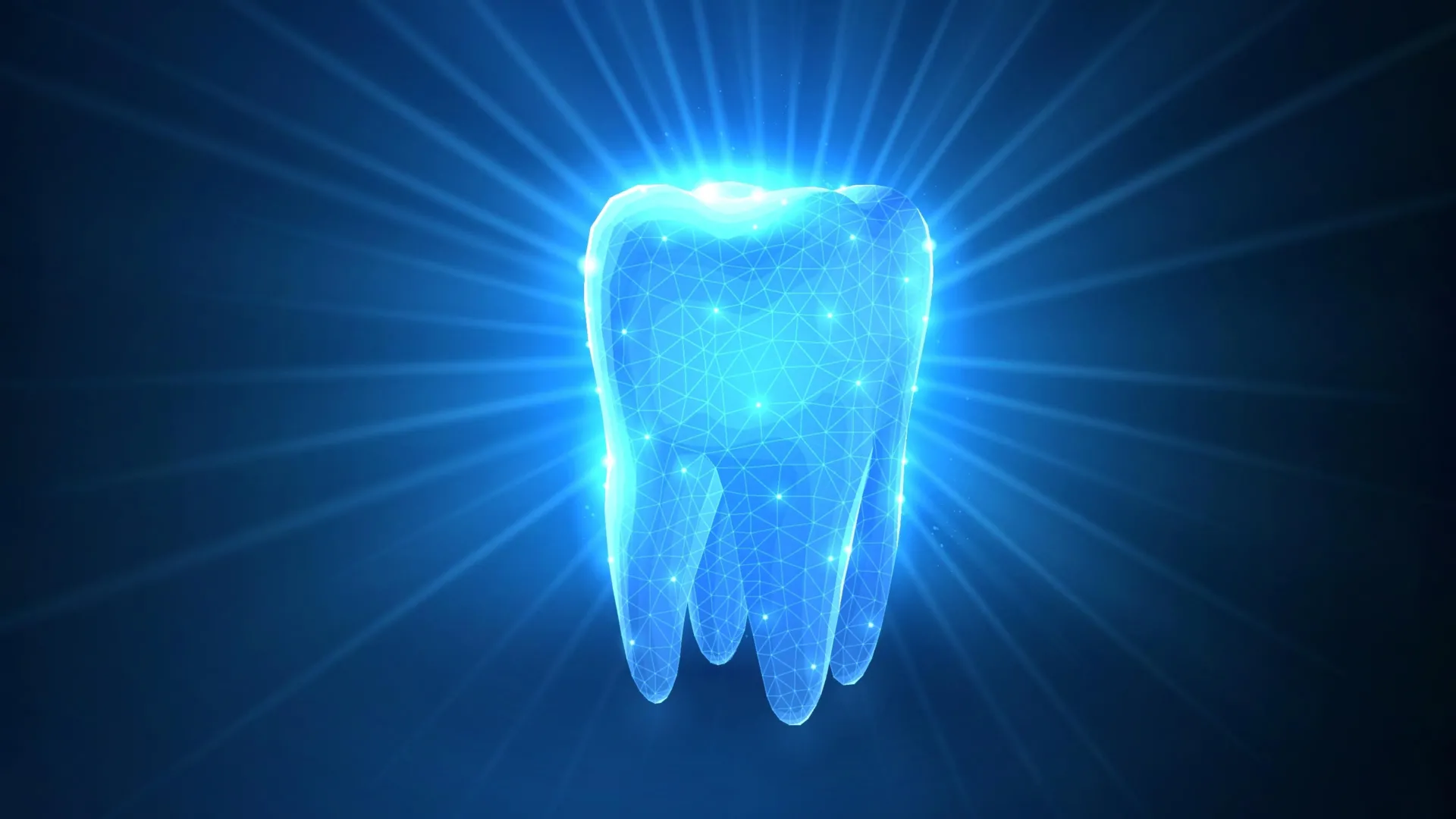Think like a kid. Be a kid. Kids are very successful at making friends. Kids are very successful at making discoveries. Literally, every new day in a kid’s life is a new beginning, a new discovery. Because kids are extremely open-minded. Because they aren’t afraid to take the first step. They’re not afraid to say hello, to start a conversation with someone new. One of the most important skills kids have is the ability to play with other kids—and the ability to attract others to come play with them. Kids can easily experiment. They can combine things that have never been combined before. They can create new games, new things, new everything—from nothing—based solely on their imagination. Kids are fairness. They simply don’t know what fail is and what outcome of the fail.
Children are growing up—they’re becoming more adult-like—and they already understand what risks are. They know that some things probably won’t work, ever. They know what it means to feel fear. And little by little, they stop experimenting. They used to be so open-minded, but over time, they become adults. And the more adult you become, the more aware you are of risks and the possibility of failure. You start playing it safe, because you don’t want to take risks—you’re not ready to fail. Now, imagine that 100% of decisions in all companies, both small and large, are made by people who are already adults—people who are afraid and not ready to take risks. Of course, risks should be calculated. If you understand that something will likely lead to a loss, a drop in revenue, or damage to your business—even if the risk is small—then of course, you shouldn’t do it.
But don’t focus only on the risks.
Most adults—especially managers and decision-makers—focus too much on minimizing risk. Yes, you should consider risk, but don’t let it become your main focus. Don’t make risk your “north star.” Allow yourself the luxury to be wrong. Prove yourself this is normal. Don’t let risk turn your playground into an insurance office. It is not so hard, start the game and environment will play with you. This isn’t about being childish or naive — it’s about being mature and emotionally healthy enough to take risks. Risk tolerance is actually a strong marker of growth. People who only go for safe bets likely had bad experiences in the past and are trying to avoid facing them again. And that’s completely okay — but it’s important to let go. Let those bad experiences turn into lessons learned, not lifelong limitations.
If only we asked ourselves more often: What would happen if…?
.png)




